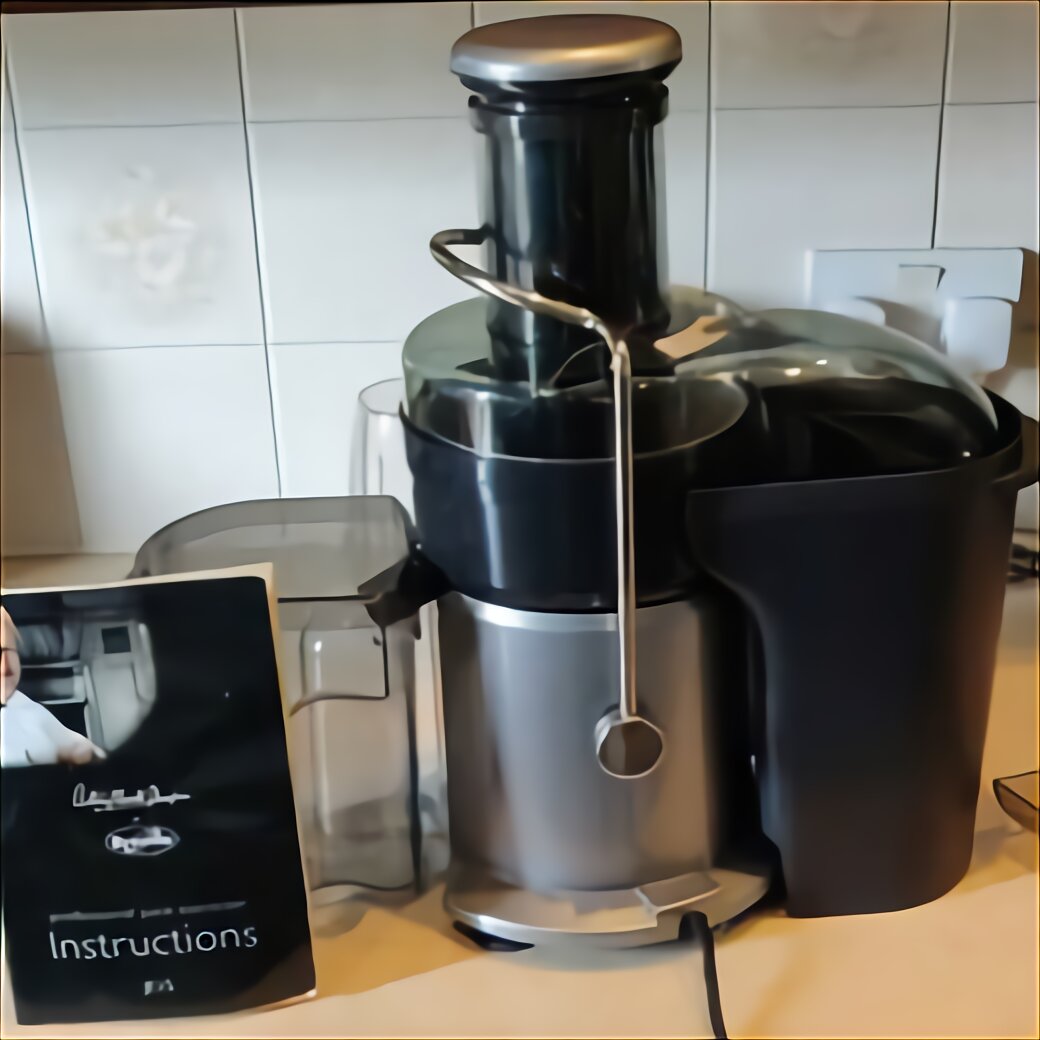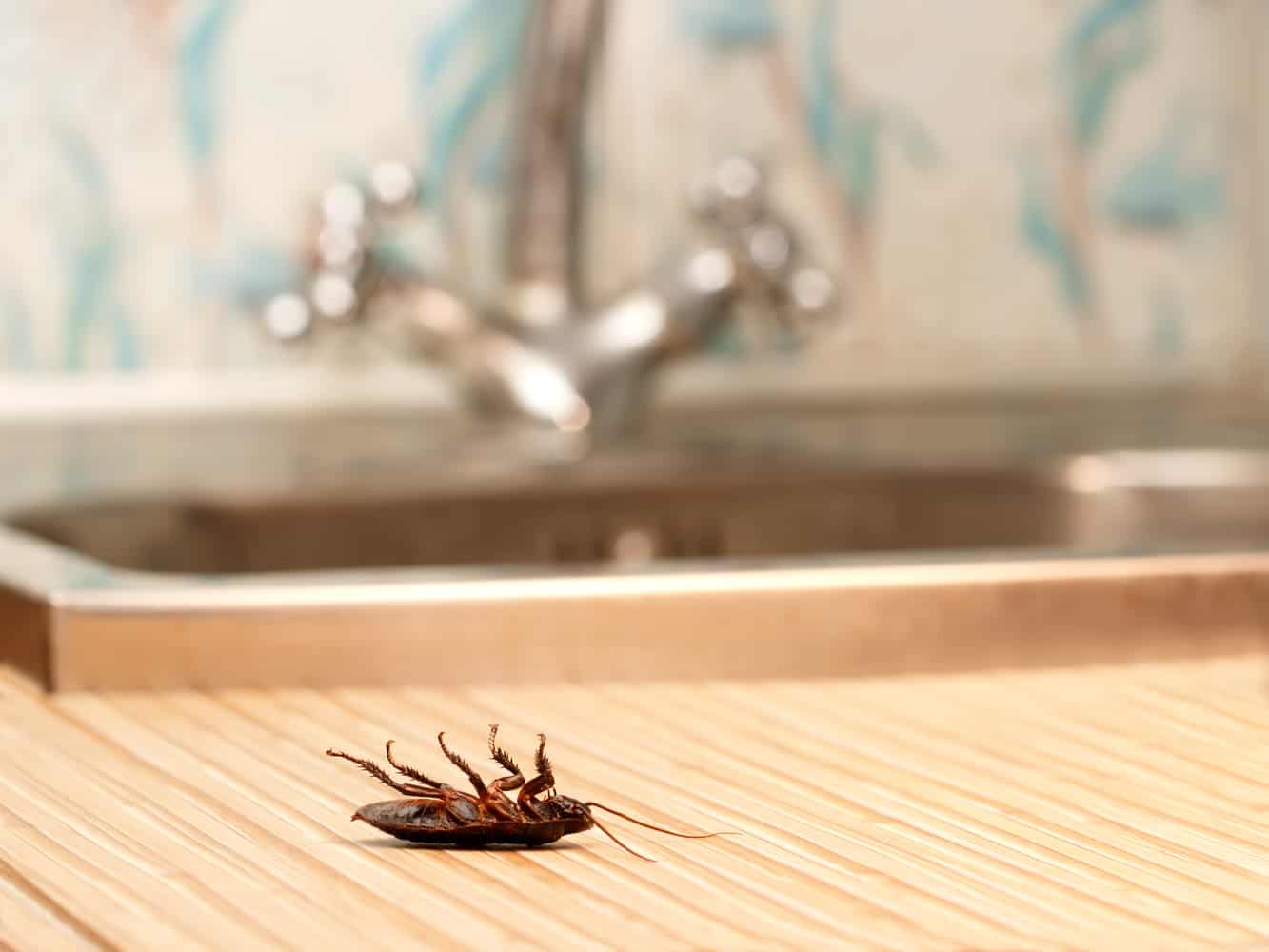Crepe myrtle, scientifically known as Lagerstroemia indica, is a deciduous flowering tree that belongs to the Lythraceae plant family. With its beautiful pink, white, lavender, or red flowers, crepe myrtle is a highly sought-after tree for gardens and landscapes.
The crepe myrtle is a small to medium-sized tree, typically growing up to 20-30 feet tall, with a spreading canopy and arching branches. It has a smooth, light grey bark that peels to reveal a dark, cinnamon-colored bark underneath. The leaves are dark green, glossy, and oval, growing up to 4 inches long.
One of the most remarkable features of the crepe myrtle is its vibrant and abundant flowers, which bloom from mid-summer until fall. The flowers are arranged in clusters or panicles on the tips of the branches and are known for their crinkled or crepe-paper-like petals. The colors may vary from light pink to deep purple and can last up to two months.
To grow the best crepe myrtle, it is important to choose the right location. Crepe myrtle prefers a sunny spot with well-draining soil. It can tolerate drought and heat once established, but it requires regular watering during its first year of growth. Crepe myrtle is also moderately tolerant of salt spray and can be planted in coastal areas.
When it comes to pruning crepe myrtle, there are different opinions on the best method. Some people prefer to prune the tree heavily in late winter or early spring to control its size and shape, while others argue that it is unnecessary and harmful to the tree. The latter advocates for the natural growth of the tree, only removing the dead or damaged branches.
Whatever pruning method is used, it is important to avoid “topping” the tree, which involves cutting back the major branches to stubs. Topping can cause the tree to develop weak and unsightly shoots and can ultimately lead to its decline.
In conclusion, crepe myrtle is a beautiful and easy-to-grow tree that can add charm and color to any garden or landscape. With proper care and maintenance, it can provide years of enjoyment and beauty. So why not plant one today!
If you are searching about Crepe+Myrtle you’ve came to the right web. We have 8 Images about Crepe+Myrtle like Lagerstroemia 'Natchez' Crepe Myrtle 8" Pot – Hello Hello Plants, Living In Williamsburg, Virginia: Crepe Myrtle Trees In Bloom and also Crepe Myrtle Bark Diseases: Learn About Crepe Myrtle Bark Scale Treatment. Read more:
Crepe+Myrtle
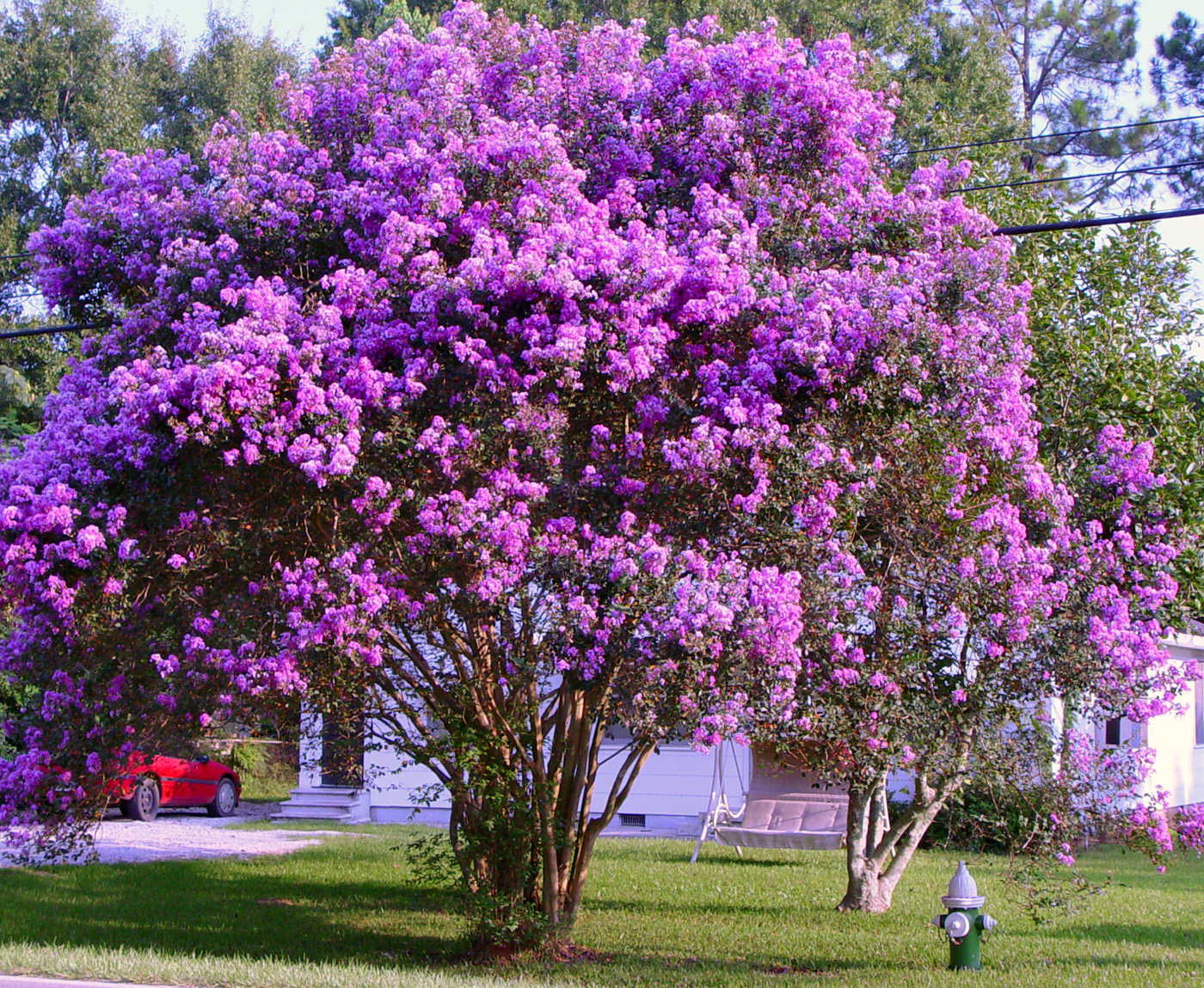
nobodysbusinessblog.com
crepe myrtle multi crape tree trees myrtles plant bush color flower purple shrubs small grow varieties bird iowa gardens branches
Living In Williamsburg, Virginia: Crepe Myrtle Trees In Bloom
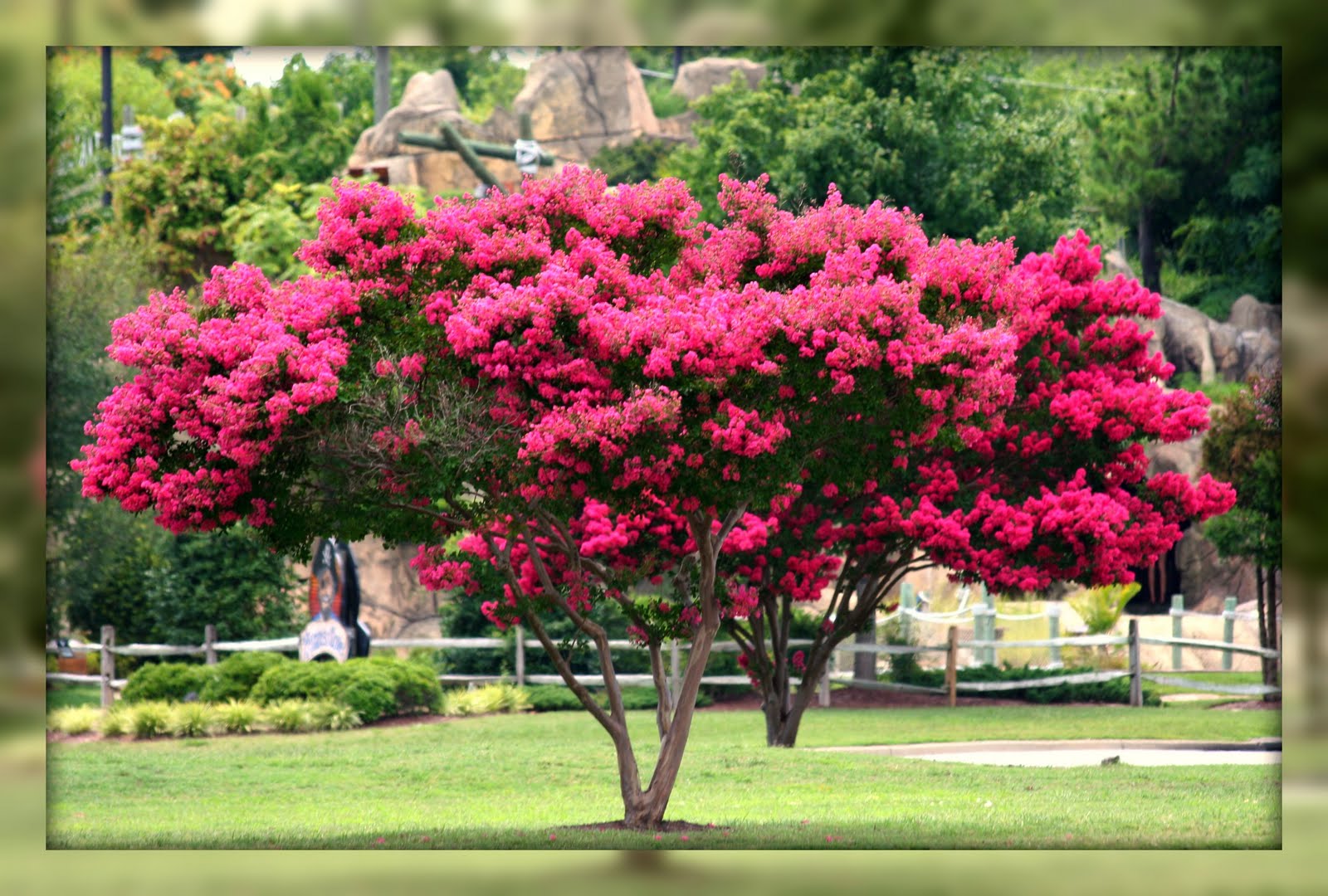
livinginwilliamsburgvirginia.blogspot.com
crepe myrtle trees myrtles tree bloom virginia crape landscaping flowering colors williamsburg garden shrubs summer zone deal look natchez lagerstroemia
Crepe Myrtle – Burke's Backyard
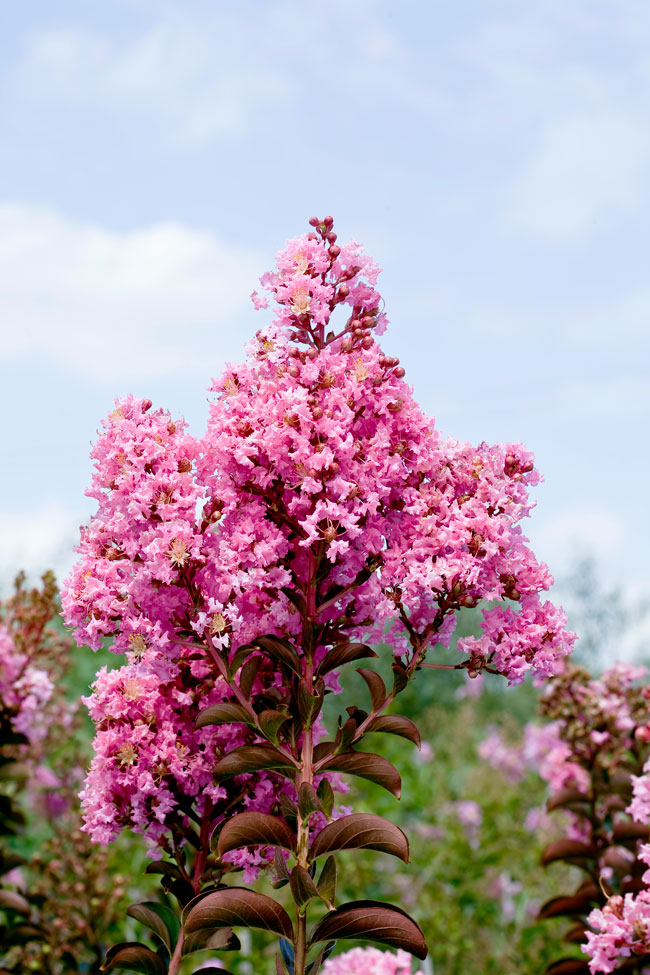
www.burkesbackyard.com.au
myrtle crepe lagerstroemia indica trees tree backyard
Flowers And Nature In My Garden: Crepe Myrtle
barbsflowergarden.blogspot.com
myrtle crepe tree nature flowers garden
Living In Williamsburg, Virginia: Crepe Myrtle Trees In Bloom
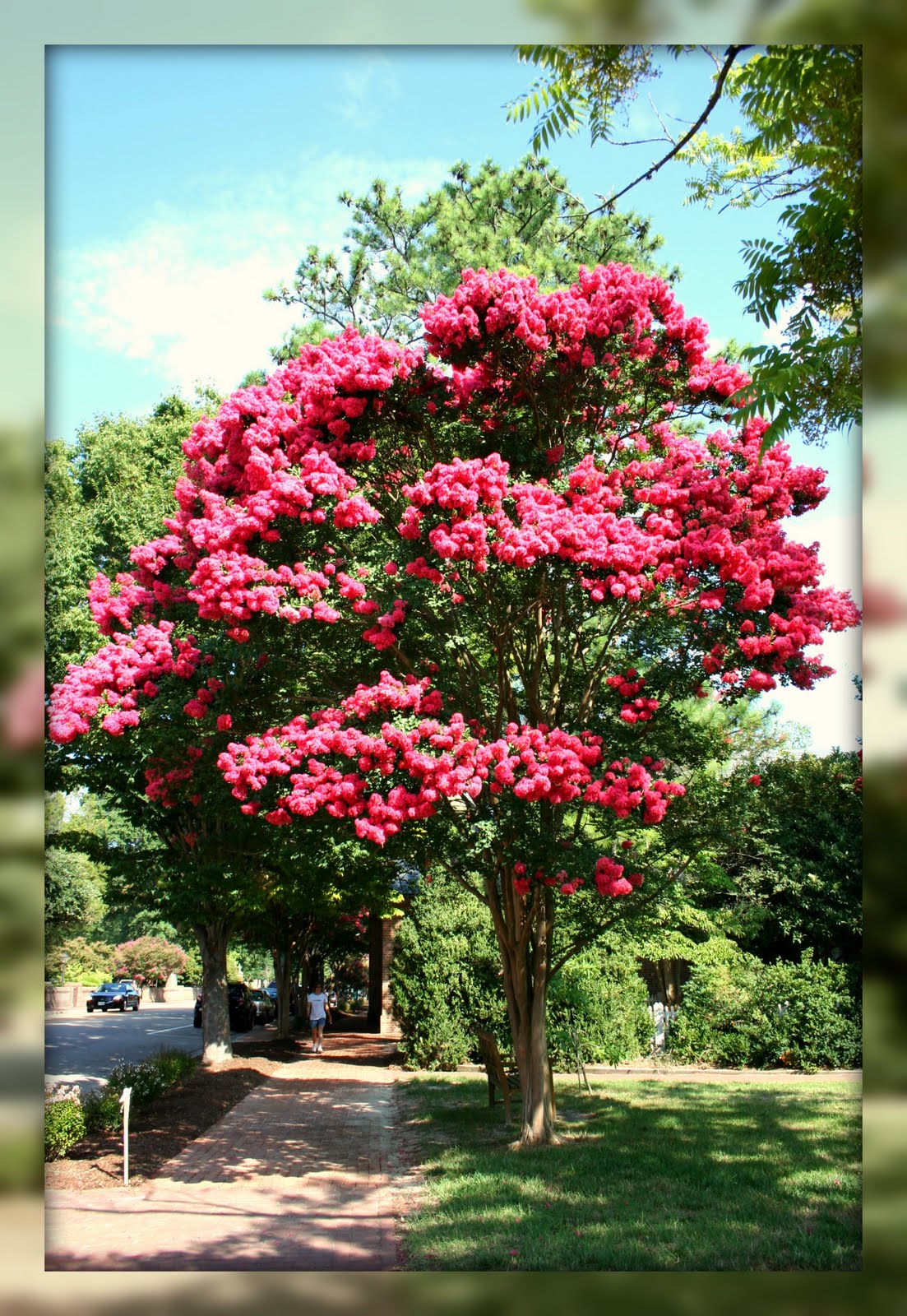
livinginwilliamsburgvirginia.blogspot.com
myrtle crepe trees bloom virginia myrtles williamsburg colors tree beautiful they particularly vibrant addition flowers year look choose board blooming
Crepe Myrtle Information – Learn About The Lifespan Of Crepe Myrtles
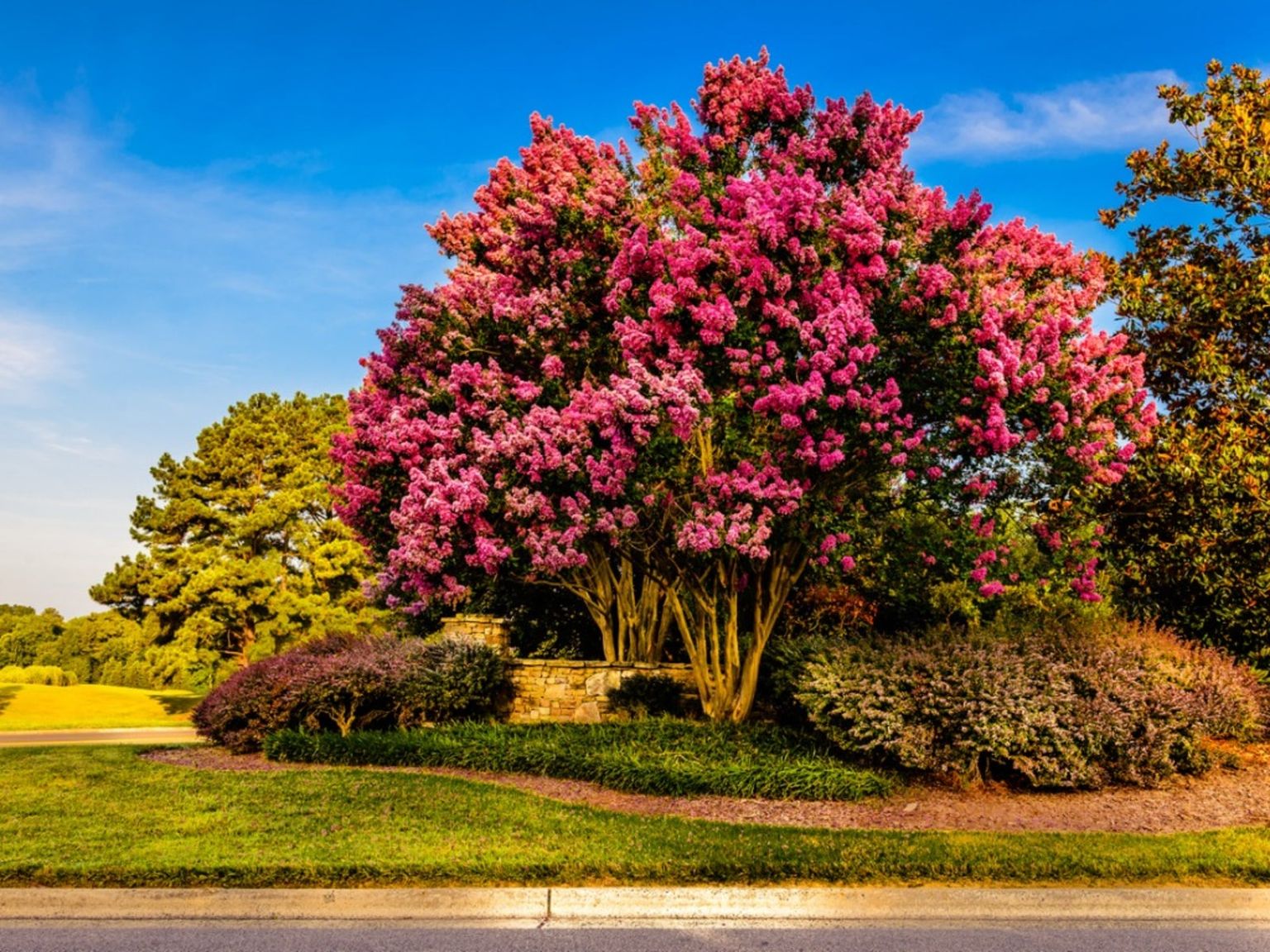
www.gardeningknowhow.com
myrtle lifespan myrtles
Lagerstroemia 'Natchez' Crepe Myrtle 8" Pot – Hello Hello Plants

www.thetutuguru.com.au
myrtle crepe natchez lagerstroemia pot trees small indica
Crepe Myrtle Bark Diseases: Learn About Crepe Myrtle Bark Scale Treatment
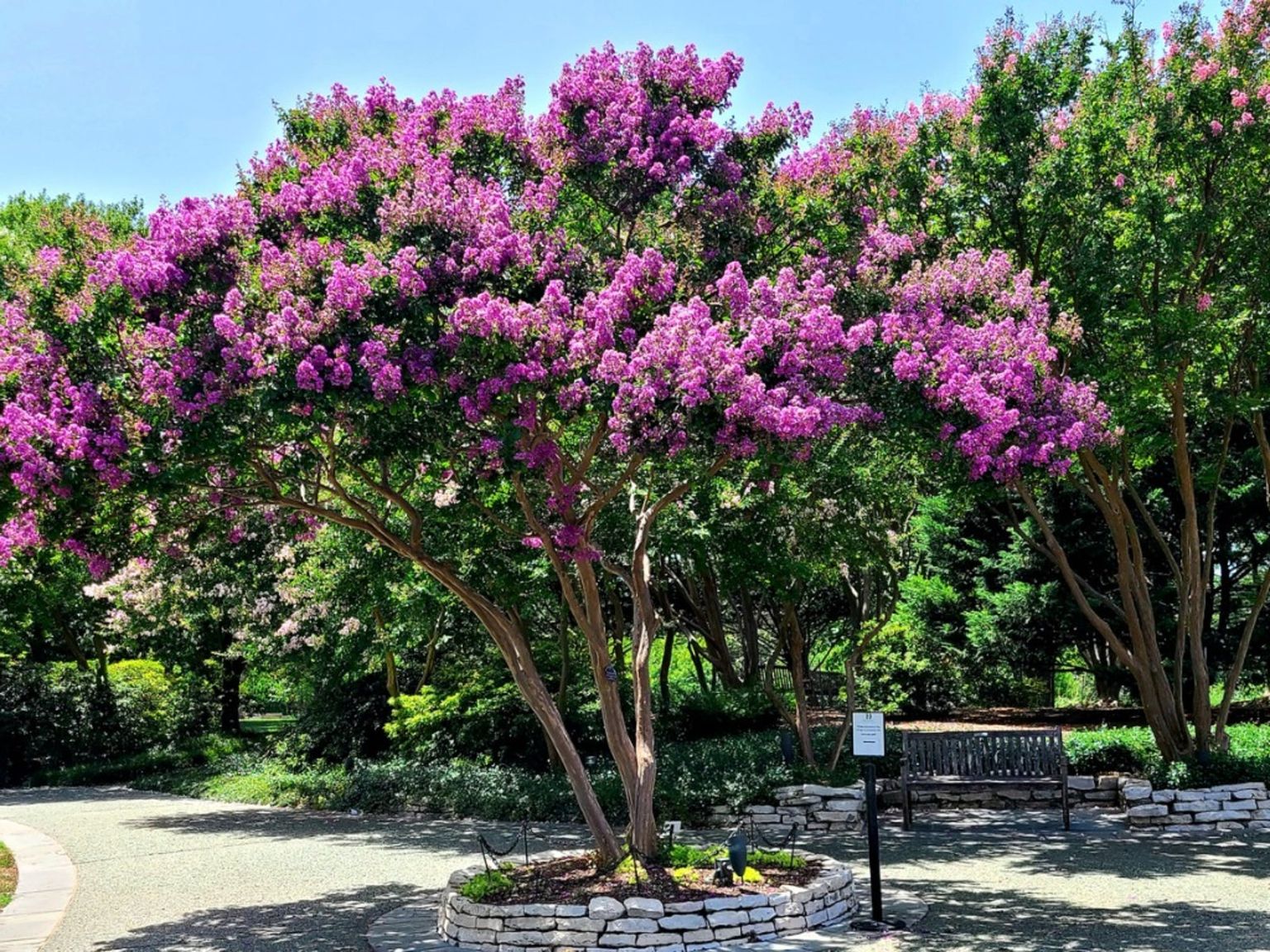
www.gardeningknowhow.com
myrtle crepe bark myrtles crape gardeningknowhow fink poisonous ornamental
Myrtle crepe trees bloom virginia myrtles williamsburg colors tree beautiful they particularly vibrant addition flowers year look choose board blooming. Living in williamsburg, virginia: crepe myrtle trees in bloom. Lagerstroemia 'natchez' crepe myrtle 8" pot
 markanthonystudios.net Mark Anthony Studios Site
markanthonystudios.net Mark Anthony Studios Site

